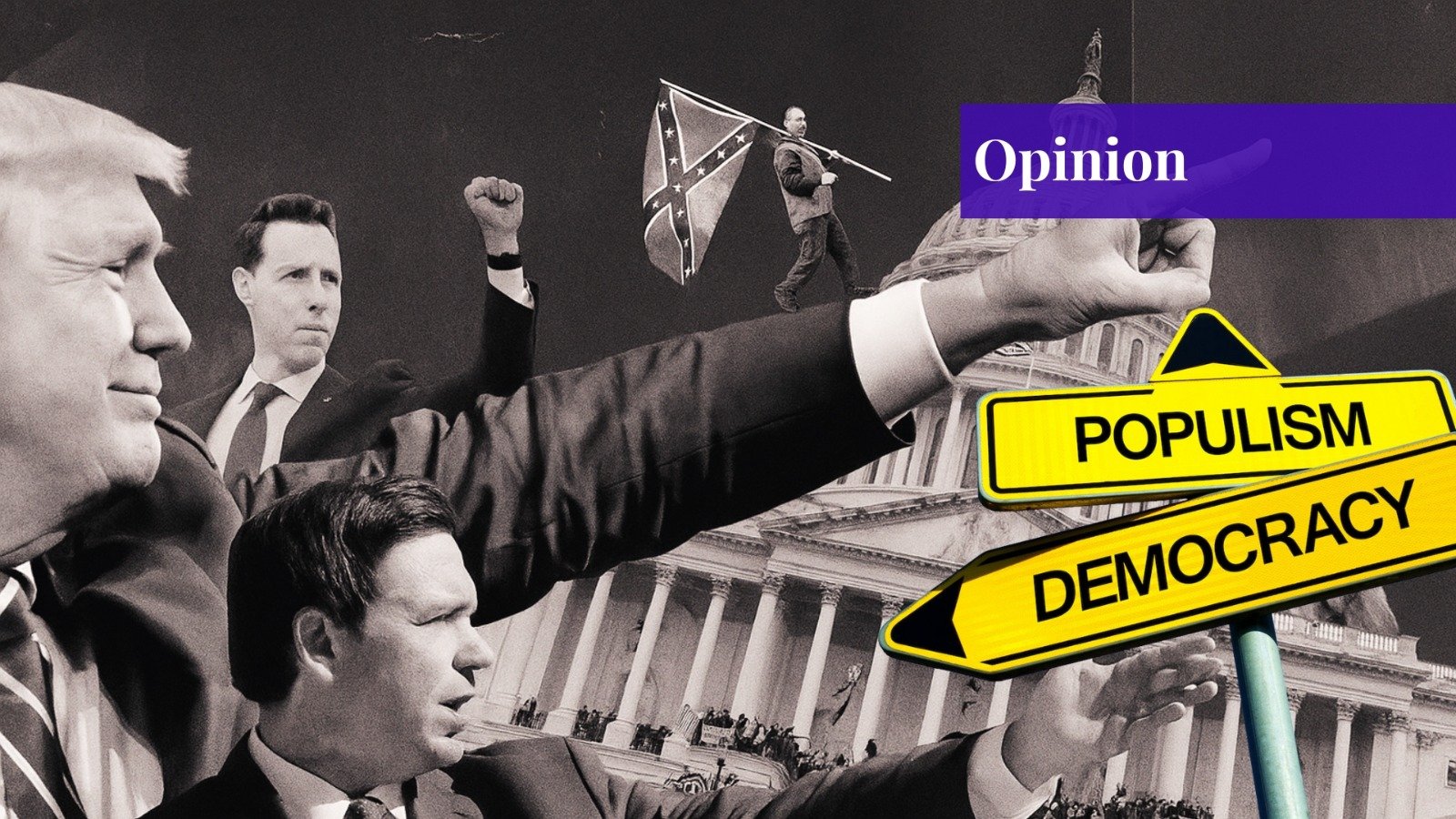Thirty-five years ago, liberal democracies seemed triumphant. The fall of the Berlin Wall, the expansion of democracies across Eastern Europe, and the transition process in Russia were the moments venerated around the liberal world. Today, the situation is quite different. The challenges faced by liberal democracies are even fatal—yes, I mean it. Political systems are attractive when paired with economic success, which lends them global appeal.
The economic rise of non-democratic countries offers competing models that leaders in other countries can emulate. For instance, China’s economic rise is not just about showcasing its economic success but also a political alternative to liberal democracies. However, internal threats posed to the liberal world are more serious than external.
The gravest challenge today is populism; it claims liberal institutions and norms are illegitimate because they create impediments to enacting the “true will of the people.” Therefore, the solution is to create an “illiberal democracy” where majority rule has no limit. Viktor Orban, a right-wing politician and the Prime Minister of Hungary, himself expressed the idea in a speech. To be clear, populist parties can be anywhere on the political spectrum, but in today’s times, most successful populists are radical right-wing politicians.
Economic causes are important to understand populism. People who are left behind and deprived of prosperity are the most susceptible to populism. Cultural and identity issues are equally, if not more, important. Rapid demographic change because of immigration is causing fear over national identity and security. We have seen the surge of the far right across Europe; AFD in Germany and Italy’s populist Five Star Movement are notable examples. The US is not different; Trump used such political rhetoric around immigration to ascend to power.
Another important tool for populist leaders is to exploit class divisions. The meritocratic elite is seen as looking down on less-educated citizens in rural areas, creating a deep cultural rift. Therefore, populists used this as an opportunity to define “the people” as a homogeneous, virtuous group and “the elite” as a corrupt enemy. For that reason, populist leaders represent themselves as an opposition to the establishment and a genuine voice for “the people.”
For sure, constitutionalism and liberalism are the primary pillars of a liberal democracy. Government power is organized and limited by a constitution, and it sets up institutions (like the legislature, courts, and executive)—but it also sets boundaries for what institutions can do. Similarly, the private sphere of individuals (free speech, privacy, religion, and property) is beyond the rightful reach of the government; recognizing and protecting it is the core of liberalism. Nobody can violate these unalienable rights; they’re not up for negotiations.
Populist leaders precisely attack these notions. They argue that institutions set by the constitution are undemocratic because they work based on rules, not popular sentiment. The system of checks and balances, by design, makes unilateral action difficult. As a result, populists often use the excuse of red tape and gridlock to concentrate power in a single hand and get things done.
Liberalism emphasized minority rights, but populism sees minorities as outsiders and even a threat to “true” people. Therefore, populism rejects any policies that limit the majority’s will. Of course, liberal democracies are under threat, and their defenders must focus relentlessly on identifying and countering these threats to liberal institutions.
Ordinary people are frustrated with gridlock and are ready to welcome leaders who are willing to break the rules to get things done. Therefore, active political reforms are needed to make institutions work effectively. Moreover, inclusive economic growth is required that benefits all classes and regions, not just the urban elite.
To be sure, liberal democracy is not the end of history; not even nothing is. Everything human beings make is subject to erosion; permanence is an illusion. Future systems would be more successful than current ones, but they require deliberate planning and an organic process of evolution. Sudden changes and reactionary policies make the matter worse. The fate of liberal democracies depends on human choice rather than historical inevitability.
If you want to submit your articles and/or research papers, please visit the Submissions page.
To stay updated with the latest jobs, CSS news, internships, scholarships, and current affairs articles, join our Community Forum!
The views and opinions expressed in this article/paper are the author’s own and do not necessarily reflect the editorial position of Paradigm Shift.
Saim Imran, affiliated with Beaconhouse National University (BNU), is currently working on the topic of populism. He is also the president of the “Islamabad Society of Discourse,” which serves to promote intellectual discourse.


